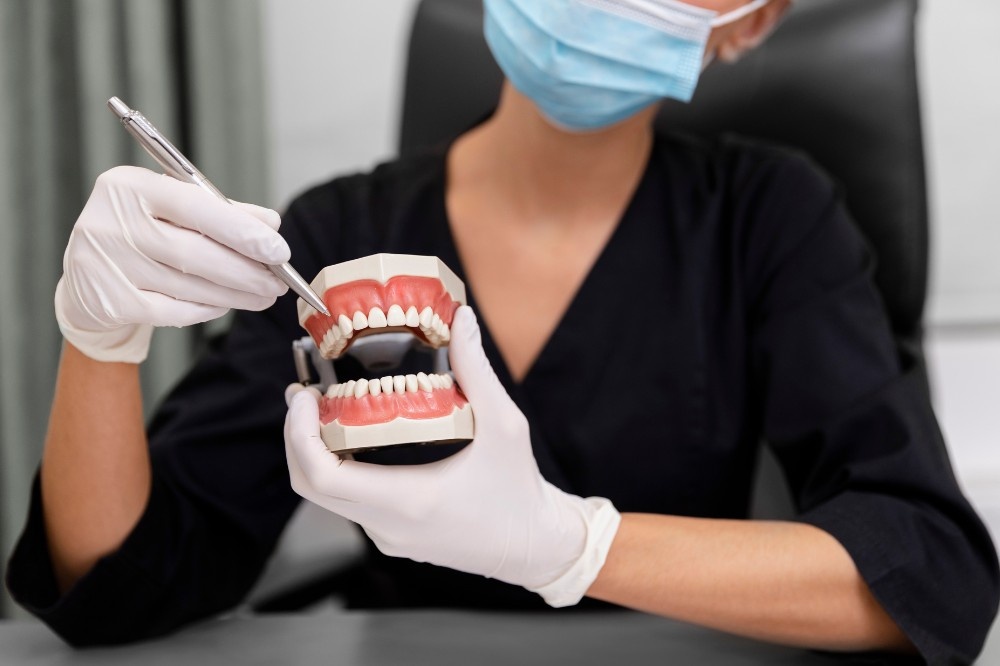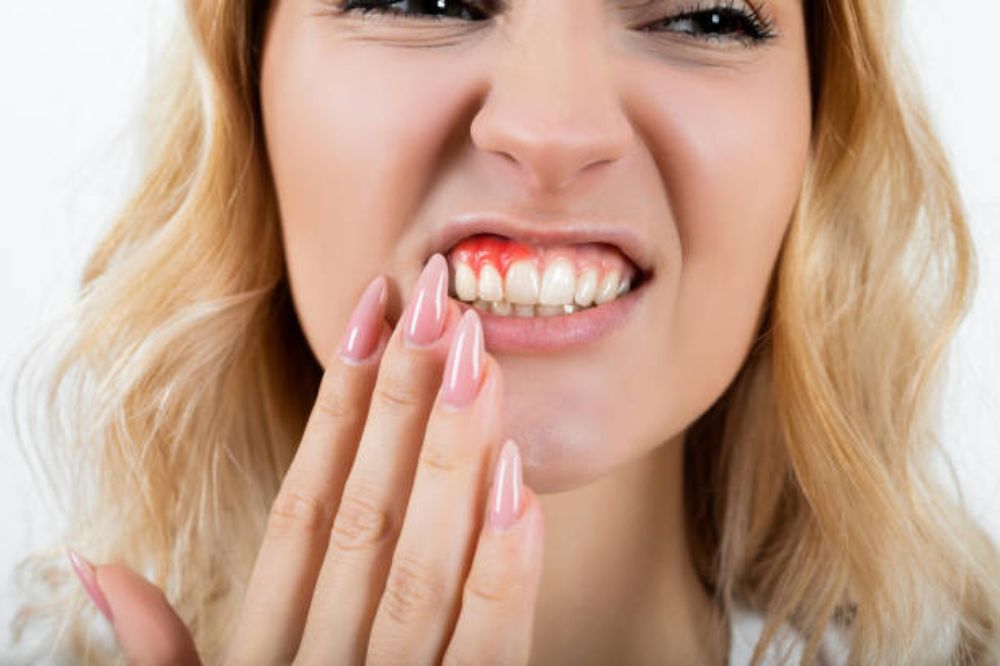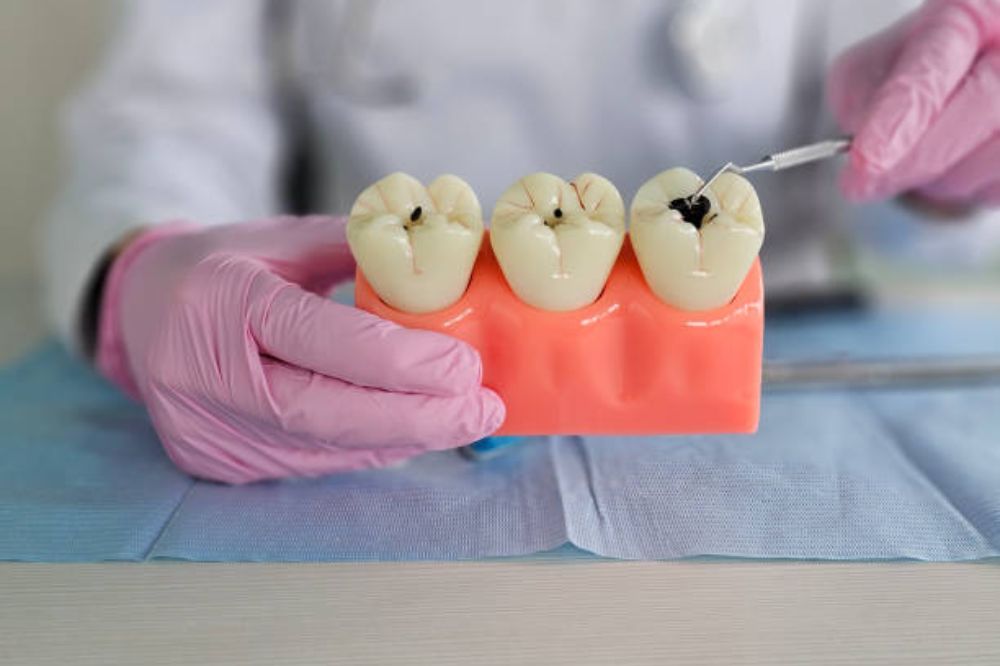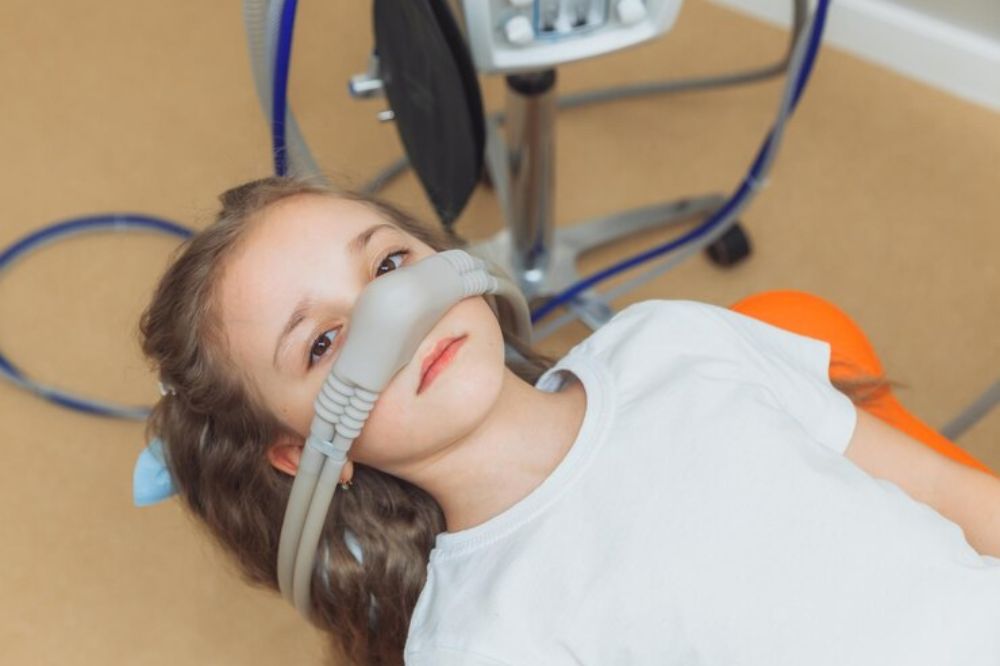Have you ever wondered why some children seem to get cavities more often, even when they follow the same brushing habits as others? The answer may lie in genetics. Just like eye colour and height, oral health can also be influenced by family traits. Regular children’s dentistry in Blackfalds can help manage inherited risks early.
How Genetics Affect Oral Health?
Genes influence dental health in many ways, such as the sturdiness of tooth enamel and the way the jaw is formed. In case the parents have a record of periodontal disease, crooked teeth, or dental caries, then children will probably develop the same conditions. Moreover, a reliable dentist near you can not only detect these hereditary dangers at an early stage but also recommend the preventive treatments which would be effective if the problems are already advanced.
What Are the Common Dental Traits Influenced by Genetics?
Some conditions linked to genetics include:
- Enamel Strength: Weak enamel increases the risk of tooth decay.
- Tooth Shape and Size: Crowded or spaced teeth often run in families.
- Saliva: Genes can affect how well saliva fights bacteria.
- Gum Health: A Family history of gum disease can increase early gum problems.
Parents can use this info to make a simple dental care plan with their dentist.
Why Family History Matters?
Family history acts as a window into your child’s potential dental future. If your family has a record of cavities or orthodontic problems, it doesn’t guarantee your child will have them too, but it does mean extra attention may be needed. A dentist might look at both medical and dental family history during consultations to guide the best approach for care.
How Can Preventive Care and Lifestyle Choices Improve Dental Health?
Yes, genes definitely determine a large part of our dental health, but positive routines can still be used to create a defensive barrier against potential risks. Prevention of diseases through early diagnosis is made possible by regular visits to the dentist, balanced nutrition, and the everyday oral care routine. Parents can equip their children with the facts on correct habits such as brushing, flossing, and sugar reduction so that their teeth become stronger, irrespective of the heredity-related factors.
How Do Dental Professionals Help Manage Genetic Risks?
If the parents know that genetics and dental health have a link, they will be able to take a step ahead. Preventive procedures like fluoride treatments, sealants, and orthodontic evaluations are used by pediatric dentists to safeguard the teeth of kids in their early years. The combined effort is a good way to keep the risks under control, as they are not yet severe.
What Are the Steps to Support Your Child’s Oral Health at Home?
Here are simple, effective ways parents can take control:
- Encourage brushing twice daily with fluoride toothpaste
- Floss gently between teeth, starting as soon as two teeth touch
- Provide calcium-rich foods to support strong enamel
- Monitor for early signs of misalignment or decay
- Keep regular dental visits every six months
These habits, combined with professional guidance, can help reduce the impact of genetics affect oral health.
Start Building Strong Dental Habits Today!
Do you want a simple and efficient approach to handling the hereditary dental issues of your child? Go ahead and reserve a spot with Blackfalds Dental Centre. They will be able to help your child gain self-confidence through a radiant, healthy smile that is durable.
FAQs
Q1. Can my child get cavities from genetics even if they brush well?
Yes. Kids with naturally weak enamel or saliva that doesn’t fight bacteria well can get cavities more often.
Q2. Do genes only lead to crooked teeth?
Not at all. In addition to genetics, thumb sucking and tooth loss at an early stage can lead to teeth getting misaligned.
Q3. At what time is it appropriate for me to inform my child’s dentist about the dental problems in our family?
The sooner, the better. Providing the dentist with this information at the first appointment allows him/her to develop a suitable prevention plan.
Q4. Can lifestyle choices reduce genetic risk factors?
Sure thing. To some extent, genes set the stage, but good nutrition, proper oral hygiene, and regular visits are the real heroes in keeping your child’s smile safe.
Q5. Are genes responsible for baby teeth or only adult teeth?
Both. The signs of enamel weakening and gingival sensitivity may manifest in deciduous teeth; therefore, the practice of early and continuous supervision is of great importance.










